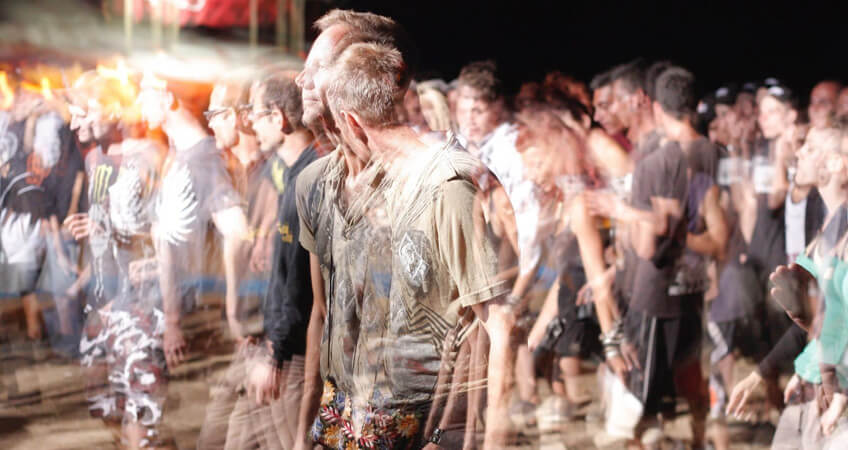When most people think about substance abuse and addiction, they typically think of cocaine, meth, and heroin. However, there are many dangerous legal drugs. Being addicted to legal drugs can be just as dangerous as being addicted to illicit drugs.
1. Ritalin: One of the most addictive prescription drugs
Ritalin is a medication that is often used to treat Attention Deficit Hyperactive Disorder (ADHD). Studies have shown that it has similar effects on the brain as cocaine. The active ingredient in Ritalin is menthylphenadate, which is a stimulant. People who snort and inject Ritalin are more likely to develop an addiction because the effects of it can be felt immediately.
16 million Ritalin prescriptions are written each year. Not only can Ritalin cause an addiction, but it can also cause dangerous side effects. This includes heart palpitations, vomiting, agitation and loss of appetite. People who use Ritalin for a long period of time can develop high blood pressure, kidney damage, liver damage, and depression.
2. Adderall
Adderall is another one of the most dangerous legal drugs. It is often prescribed to treat ADHD. It is commonly abused by people who need to stay awake for a long period of time. This is how it earned its nickname, “the study drug”. It is often used as a recreational drug because it has similar effects to cocaine. Adderall use can lead to anxiety, irritability, depression, inability to sleep, pain, impaired social functioning, and more.
3. Nicotine
Many people still downplay the effects of smoking cigarettes. However, the nicotine in cigarettes is highly addictive. For this reason, smokers have difficulty quitting. In fact, studies have shown that nicotine can be just as addictive as cocaine or heroin.
Nicotine has a calming effect on the brain. It can also suppress your appetite. It can give a person a temporary high feeling, but it can cause dangerous effects. Black lung, yellow teeth and brown teeth are some of the side effects of nicotine use.
4. Alcohol
According to the National Institute on Alcohol Abuse and Alcoholism (NIH), there are over 88,000 deaths related to alcohol use in the United States every year. The negative effects of alcohol addiction are often culturally overlooked due to its legality. Additionally, the side effects and withdrawal symptoms are some of the most intense (and potentially dangerous) of any substance. It is highly recommended not to face alcohol withdrawal symptoms alone.
5. Caffeine
Caffeine is typically not something that comes to mind when people think about legal drugs. Eighty percent of people consume caffeine on a daily basis. It is easy to overlook the effects of caffeine because it is natural. Caffeine can cross the blood-brain barrier and give you that rush of energy.
Scientists have found that if you consume caffeine on a regular basis, it can cause changes in your brain. That is why many people cannot start their day without it, and often experience headaches and irritability when they don’t have it. These are symptoms of withdrawal.
6. Valium
Valium is an anti-anxiety medication, and it is one of the most addictive prescription drugs. It can be used to support restful sleep. Additionally, it can be used to treat seizures. If a person becomes addicted to Valium, they will often experience withdrawal symptoms if they attempt to stop using. Withdrawal symptoms from Valium can include vomiting, headaches, and insomnia.
7. Fentanyl
Fentanyl is an opiate painkiller. It is 80 to 100 times more potent than morphine. It is prescribed to people who are living with severe pain. The effects of Fentanyl are felt quickly, but they also fade quickly. That is why people who use it are at a high risk for addicted. Fentanyl addiction can cause severe complications that may be fatal.
Detoxing From Drugs or Alcohol
MD Home Detox offers full medical home detox services in the comfort and privacy of your own home. We provide those who suffer from an addiction to drugs or alcohol with the necessary care to fully recover from their addiction. Don’t face withdrawal symptoms alone. Our individual care plans include a comprehensive medical exam that ensures you will be treated in the best possible way.
We offer intervention services, private nurse services, and behavioral health counseling to help you get back on your feet.

